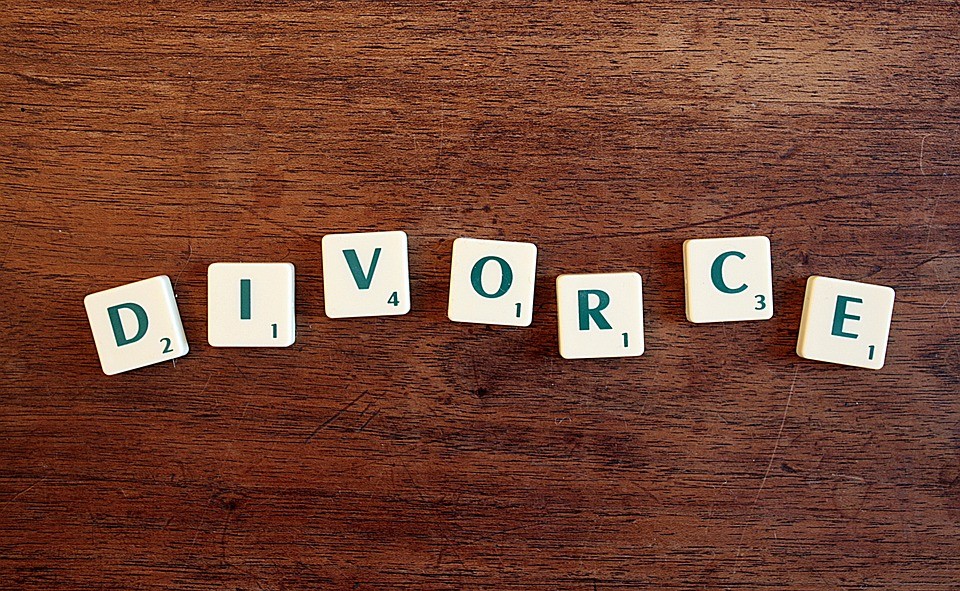Blog


Wednesday
5
AUGUST
2020
Winnipeg Mortgage Brokers Explain 4 Ways to Protect Your Credit in Divorce

Did you know that the financial issues that are unfortunately often a part of the divorce process can very much affect your credit score? Here are four ways to protect your finances while going through divorce so that both your money and your credit remain safe:
1) Your joint debit is your responsibility – If you have joint debt during marriage, you are both responsible for it, and responsibility continues for the debt even after divorce. A divorce doesn’t affect your agreements with your lenders. For example, if you have a co-signed credit card and one of you takes over the credit card after the divorce, you are both legally responsible for the debt on the card. If one of you falls behind on payments, then it will impact both your credit scores.
It’s a good idea to go through all of your joint credit accounts, cancel them, and transfer the remaining balance to a card in the name of whoever’s responsible for the remaining debt. Know where you stand and check your credit score.
2) After or during divorce get credit in your own name – Go through all your joint credit cards and cancel them or transfer ownership of the card and the balance. Next focus your attention on building your own credit. Start by finding out what your personal credit score is. If you don’t have an established credit, there are some great options to consider when building your credit. When looking for credit card options, start your search by looking for a credit card with a low interest rate, low annual fee, and a small credit balance. Another option would be a secured credit card. These can help you stay within a budget and your credit activities are tracked and reported to the credit bureaus.
3) During divorce open your own checking account – If you don’t already have a checking account, protect yourself by opening one in your own name. Start depositing your pay into your new account. Make sure all your automatic payments for bills are coming out of your own checking account so you’re not hit with late payment fees once you close your joint account.
With joint accounts, both parties have access to them and can do whatever they please. Unfortunately, this could lead to a former partner draining the joint account.
4) Change passwords and update address information – The last things on your mind when going through divorce are PINs and passwords; however, securing your information will help you get added piece of mind. Start by updating your PINs on your debit cards and the passwords on all your online banking accounts.
If you have already moved out of the home you shared with your former partner, make sure to update your address with all of your financial institutions, bill collectors and creditors. You want to make sure that you get your bills and credit details sent to your new address, which will help you add a layer of privacy and security against your former partner accessing your financial information.
If you are going through a divorce, it is important to take steps to minimize the potential negative impact on your credit. The 4 steps outlined above will help you protect your credit and start to build your credit score during divorce.
Questions about how a divorce can affect your credit score and mortgage? Contact one of our trusted One Link Mortgage brokers today at 204-954-7620.
Source: Shenaya Sweetman via Refresh Financial
LATEST POST
- First-Time Home Buyer Budgeting in Manitoba: What to Expect on a $350,000 Purchase
- Manitoba Housing Market Outlook 2025: What Buyers and Homeowners Need to Know
- Spring Homebuying Season in Manitoba: Get Pre-Approved and Find Your Dream Home
- Mortgage Renewals in 2025: Don’t Let the Headlines Scare You!